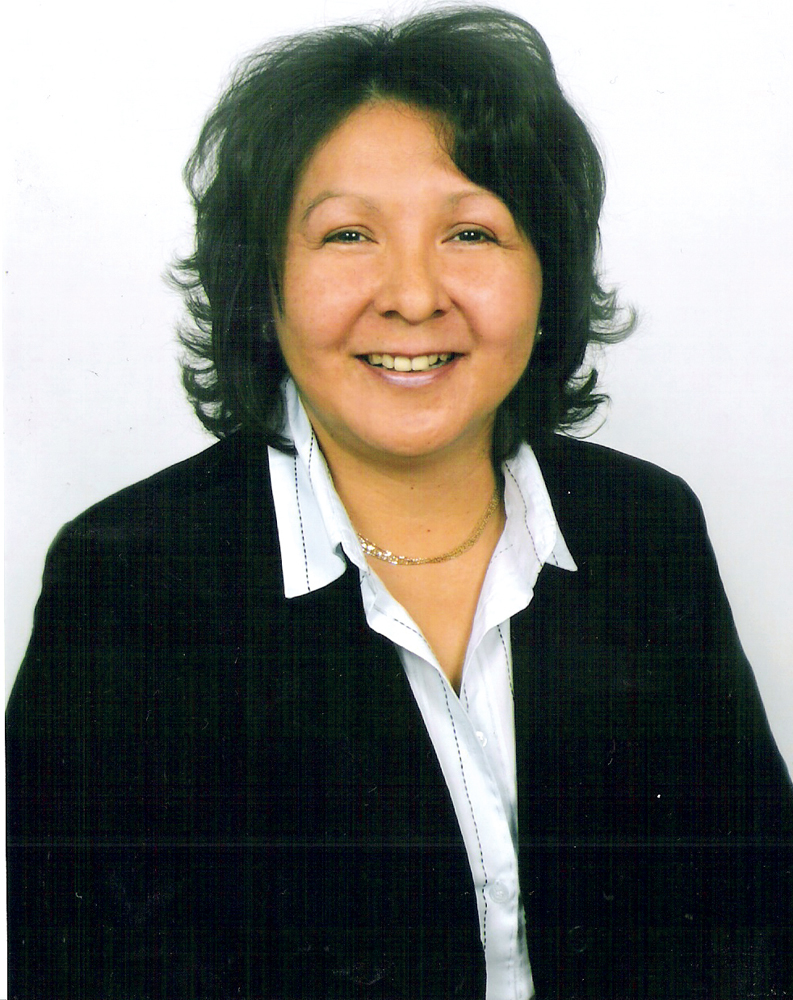
Though there may not be a federal election for some time to come, Lise Kistabish, an Algonquin from Pikogan, entered uncharted territory last February 20 when she became the Conservative Party candidate in the Abitibi-Temiscamingue riding.
Though there were four others originally vying for the coveted position, Kistabish said, “I won by acclamation. Everybody was in favour that I was the best candidate.”
At the moment, Kistabish is wearing two hats. She is still the Director General of the Abitibiwinni First Nation Council, where she has worked since 1995, and now she is a future politician. Though administrating and politicking may not be the same thing, they share similarities.
“I have been working with the regional Assembly of First Nations of Quebec and Labrador and the Assembly of First Nations so the federal government and federal policies are not something new for me. They are something that I deal with every day.”
While it seem strange for an Aboriginal woman to join the Conservatives at a time when the party is under fire for its treatment of Canada’s Aboriginal people, Kistabish doesn’t see it that way. “I think we are in a position to really work with the Conservatives instead of just being confrontational. We need to understand the side of First Nations and also the side of
the Conservatives. I think we can manage to work together,” said Kistabish.
By the same token, she also acknowledges the fact that being in politics is more effective when you’re in the party that’s in power. “In our riding, the race is going to be between the Conservatives and the Bloc Quebecois and the election is going to be a challenge,” said Kistabish.
When asked what in particular attracted her to the Conservative Party, Kistabish responded, “The Conservatives don’t work uniformly, they don’t apply one (particular) thing across Canada. They are willing to apply individual strategies per region. Something that they apply in Alberta, they will not apply in Quebec and vice versa. The Conservatives are open to working on the individual needs of each region. Sure they can’t meet every need but they are at least trying to meet the needs.”
The Algonquins are among some of the most marginalized Aboriginal communities in Quebec with some living in mouldy plywood homes and others living in communities without electricity.
When asked what she and the Conservative Party could do for them, Kistabish’s response was interesting. “First of all, I think that the willingness of the community is a priority because you know there are some concessions that need to be made on either side. The First Nations people need to make concessions and the government needs to make concessions. It is at that level that we need to work to be able to find common ground. If there are no concessions made on either side, nothing is going to happen,” she said. Her plan is to go to her people and speak to them first-hand to see what she can do.
When Kistabish joined the Conservatives, her first question to them was in regards to their adamant refusal to adopt the UN Declaration on the Rights of Indigenous People and to instead side with nations known for their human-rights abuses. Though she may not necessarily agree with the decision, she did defend it. “If they did not vote for it, they had their reasons. They thought that we are not at the same level as these underdeveloped nations. They are the same kinds of reasons like, for example, if a chief would not want to accept a declaration because it did not fit with the tribe’s image.”
For now the 41 -year-old is still getting used to her new role and is looking to connect with the people of Abitibi-Temiscamingue just as she did in her last position. “I will be there for them and I want them to be assured that I am not disconnected from them,” said Kistabish. Look for her the next time a federal election rolls around.

